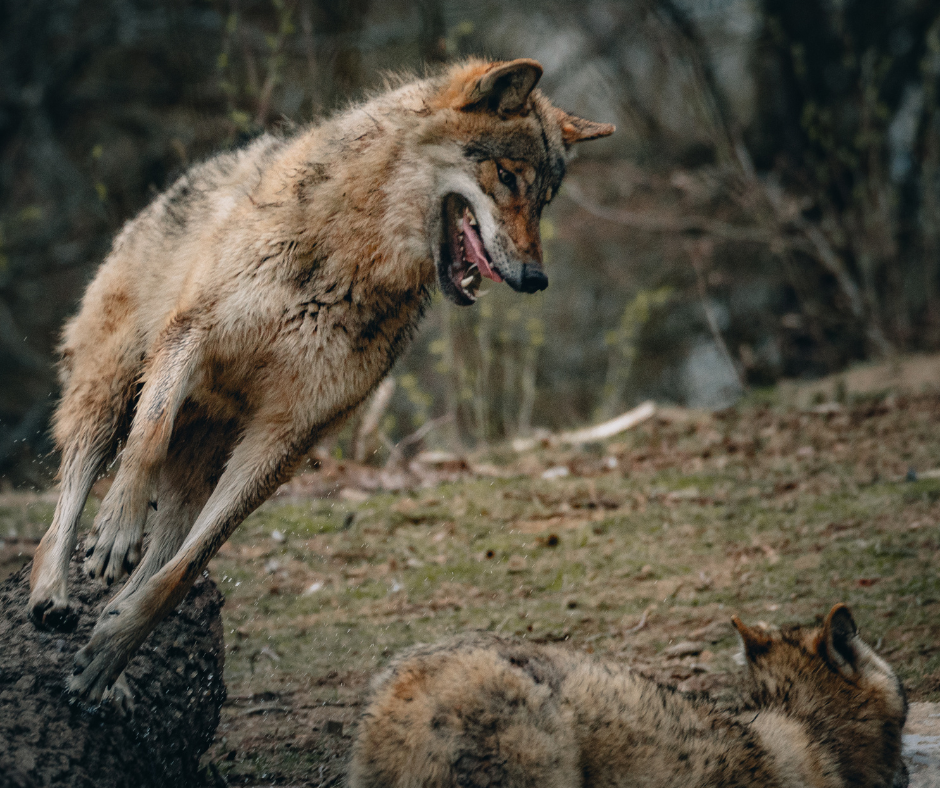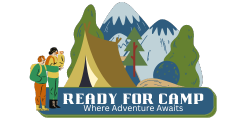
When you set out into the great outdoors, the thrill of adventure beckons, but so does the unpredictability of nature. As you bask in the beauty of lush forests, serene lakes, and towering mountains, it’s vital to remember that you are stepping into the territory of wildlife. Understanding animal behavior while camping isn’t just an interesting fact; it could literally save your life.
The Importance of Knowledge
Every year, countless camping enthusiasts encounter wild animals. While many of these encounters are harmless, some can turn dangerous. Bears, snakes, and other wildlife are unpredictable, and misreading their behavior can lead to disastrous outcomes. Knowing how to interpret their actions and respond appropriately is crucial for your safety and that of your fellow campers.
Read the Signs: Animal Behaviors to Recognize
- Body Language of Wild Animals
Understanding animal body language is essential. For example, a bear that is standing on its hind legs isn’t necessarily aggressive; it might just be trying to get a better view. However, if a bear is swaying its head and making huffing noises, it’s a clear warning that you need to back off. Recognizing these signs can mean the difference between a safe encounter and a dangerous one. - Feeding Patterns
Animals have specific feeding patterns, and knowing when and where they are most active can help you avoid dangerous encounters. For instance, many animals are most active during dawn and dusk. If you’re planning to hike or set up camp, aim to do so during the day to minimize the risk of crossing paths with wildlife. - Nesting and Denning Areas
Many animals, including birds and mammals, have specific nesting or denning sites that they are highly protective of. If you inadvertently stumble into these areas, you might face aggressive behavior. Always research local wildlife before your trip, and stay clear of known nesting areas to prevent an unexpected confrontation.
Take Action: Safety Tips for Campers
- Educate Yourself
Before your trip, spend time learning about the wildlife in the area you’ll be camping. Identify the animals you may encounter and familiarize yourself with their behaviors and signs of aggression. Use resources like guidebooks or online articles to gain insights that could be invaluable in the field. - Store Food Properly
One of the most critical aspects of camping is food storage. Improperly stored food is a major attractant for wildlife. Use bear-proof containers and hang food out of reach, if necessary. When camping in bear country, consider the “bear canister” approach to prevent attracting unwanted visitors to your site. - Create Noise
When hiking, make noise to alert animals to your presence. This is particularly important in areas with limited visibility. Speaking, singing, or clapping can help prevent surprise encounters with wildlife, which often leads to panic and aggression on both sides. - Know How to React
In case of an encounter, your reaction is critical. If you meet a bear, do not run. Instead, stand your ground, speak calmly, and slowly back away. For snakes, be mindful of where you step and keep a safe distance. Knowing how to react can keep you safe and prevent escalating the situation.
Urgency: Your Life May Depend on It
The wilderness is beautiful but unpredictable. Every camper should be aware that their safety hinges on understanding animal behavior. Ignorance can lead to dangerous situations that can escalate rapidly, resulting in injuries or worse. Take the time to educate yourself and implement safety measures to enhance your outdoor experience.
In this digital age, information is readily available at our fingertips. Do not underestimate the power of preparation. Whether it’s through reading, attending workshops, or talking to seasoned campers, invest time in learning about animal behavior.
Conclusion: Embrace the Adventure Responsibly
Camping is an opportunity to connect with nature and experience the thrill of the great outdoors. However, it comes with responsibilities. Understanding animal behavior while camping is not just a skill; it’s a necessity. By prioritizing education and safety, you can enjoy your adventures while minimizing risks. Your life, and the lives of those with you, could depend on it. So, gear up, prepare, and embark on your camping journey with confidence and knowledge!
